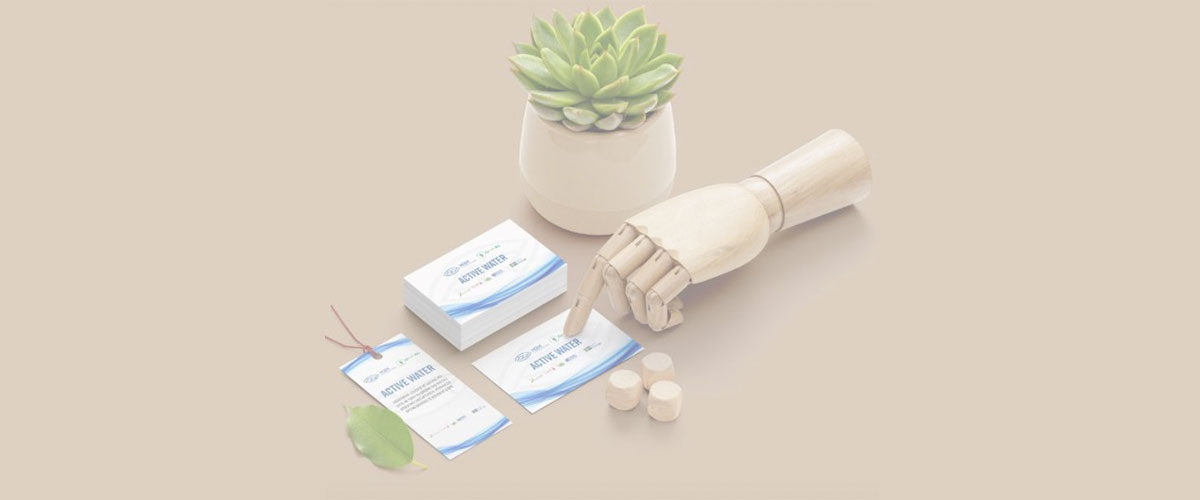Location: Tirana, Albania
Status: Completed
Purpose: Monitoring of the quality of water used for irrigation in agricultural lands and encourage discussion between actors, users, and managers of water resources.
Objectives:
- Water quality monitoring in water sources used for irrigation, such as rivers and artificial reservoirs.
- Creation of a technical and professional report on the quality of surface water used for irrigation and its impact on the environment, soil quality and agricultural yield.
- Awareness of national and local institutions, as well as students of agronomy and environment.
- Awareness and involvement of interest groups in the discourse of surface water quality in the environment, agriculture, and individual health.
Project Description: More and over with the growing of the population number is also growing the pressure for water usage and impacts on water cycle. Water quality influences its suitability for a particular use, i.e. how well the quality fulfills the requirement of the user. Water quality deals with the physical, chemical, and biological characteristics of water in relation to all other hydrological properties. For example, river water having good quality with sediment load can be applied for irrigation successfully but may be objectionable for municipal use without treatment. The characteristics of water quality have become important in water resources planning and development for drinking, industrial and irrigation purposes (Shakoor, 2015). Water quality is the basis to judge the fitness of water for its proposed application for existing conditions.
Albania is very rich in water resources, including both surface and groundwater, with the highest amount of water available per capita at 8,700 m3/year. However, only about 13% of all wastewaters in Albania is treated in wastewater treatment plants, the rest is discharged untreated into rivers, lakes and seas.
Irrigation water, whether diverted from streams or pumped from tube wells, contains appreciable quantities of harmful substances in solution those may reduce crop yield and deteriorate soil fertility. The main characteristics to assess the quality of irrigation water according to FAO and WFD are Temperature, pH, Electrical Conductivity (EC), Total Dissolved Solids (TDS), Total Suspended Solids (TSS), Turbidity, Color, Biochemical Oxygen Demand, Calcium, Magnesium, Hardness, Chloride, Nitrate nitrogen, Ammonium nitrogen, Phosphorus, Potassium, Natrium, Total Coliforms, Intestinal enterococci, Escherichia coli, Cadmium, Cobalt, Lead, Boron.
Then will be calculated Sodium Absorptions Ratio (SAR), and will be determined if the water accomplishes the quality to be used for irrigation. Unfortunately, in Tirana, the quality of surface and groundwater is not routinely monitored as water supplies for domestic use and irrigation. The quality of water is being deteriorated in lower land of the Erzeni River pathway due to disposal of untreated urban and industrial wastewater, agricultural effluents discharge directly to groundwater and canal water. The application of poor-quality water for irrigation can cause soil problems such as salinity, solidity, alkalinity, toxicity and water infiltration rate. Proper intention should be given to manage poor quality water and to reclaim the salt-affected soil. This project aims in monitoring of the irrigation water source and its pathway taken from middle part of Erzeni River that is been used for irrigation and animal drink water in Administrative Units of Berzhitë, Petrelë, Vaqarr in Municipality of Tirana and comparing the values with the FAO guidelines for this purpose.

